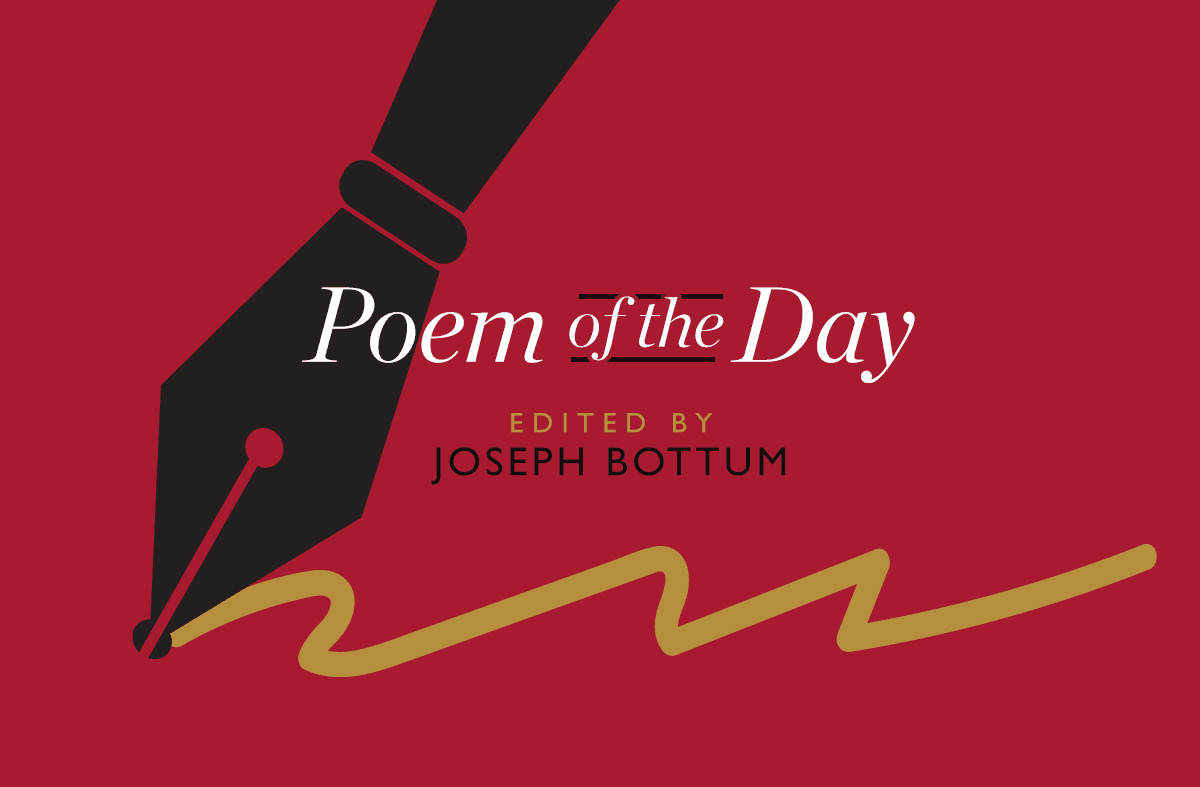Poem of the Day: ‘Again’
As the poem observes, each year shifts and changes within its set patterns of death and resurrection: Time is ultimately not repeating itself, but passing away.

For Maundy Thursday, The New York Sun continues its selection of poems read by living poets. Marly Youmans, a poet and novelist in Cooperstown, New York, is the author of “The Book of the Red King” and “Charis in the World of Wonders.” For Holy Week, the Sun’s associate poetry editor reads Ms. Youmans’s “Again,” a pentameter poem in quintains whose end words repeat from stanza to stanza. These repetitions, though the lines themselves change, underscore the repetition of the seasons, both natural and liturgical. As the poem observes, each year shifts and changes within its set patterns of death and resurrection: Time is ultimately not repeating itself, but passing away.
Again
April 1, 2021
by Marly Youmans
Mother Nature is at her tricks again,
On April Fool’s Day sending a spring snow
To bury crocuses, afflict the birds,
Make the snowdrops stand beneath the snow,
And close the sunny eyes of aconite.
It’s Maundy Thursday, come around again,
So that we wash another’s feet in snow,
Hearing a note of sorrow from the birds
That seem to grieve while singing through the snow;
Perhaps they miss the glow of aconite.
The Earth goes spinning round the sun again,
And we are older, fleeting as spring snow,
Still longing for the sun and songs of birds,
The springtime’s resurrection from the snow,
And summer days as gold as aconite.
___________________________________________
With “Poem of the Day,” The New York Sun offers a daily portion of verse selected by the Sun’s poetry editor, Joseph Bottum of Dakota State University, with the help of the North Carolina poet Sally Thomas, The Sun’s associate poetry editor. Tied to the day, or the season, or just individual taste, the poems will be typically drawn from the lesser-known portion of the history of English verse. In the coming months we will be reaching out to contemporary poets for examples of current, primarily formalist work, to show that poetry can still serve as a delight to the ear, an instruction to the mind, and a tonic for the soul.
